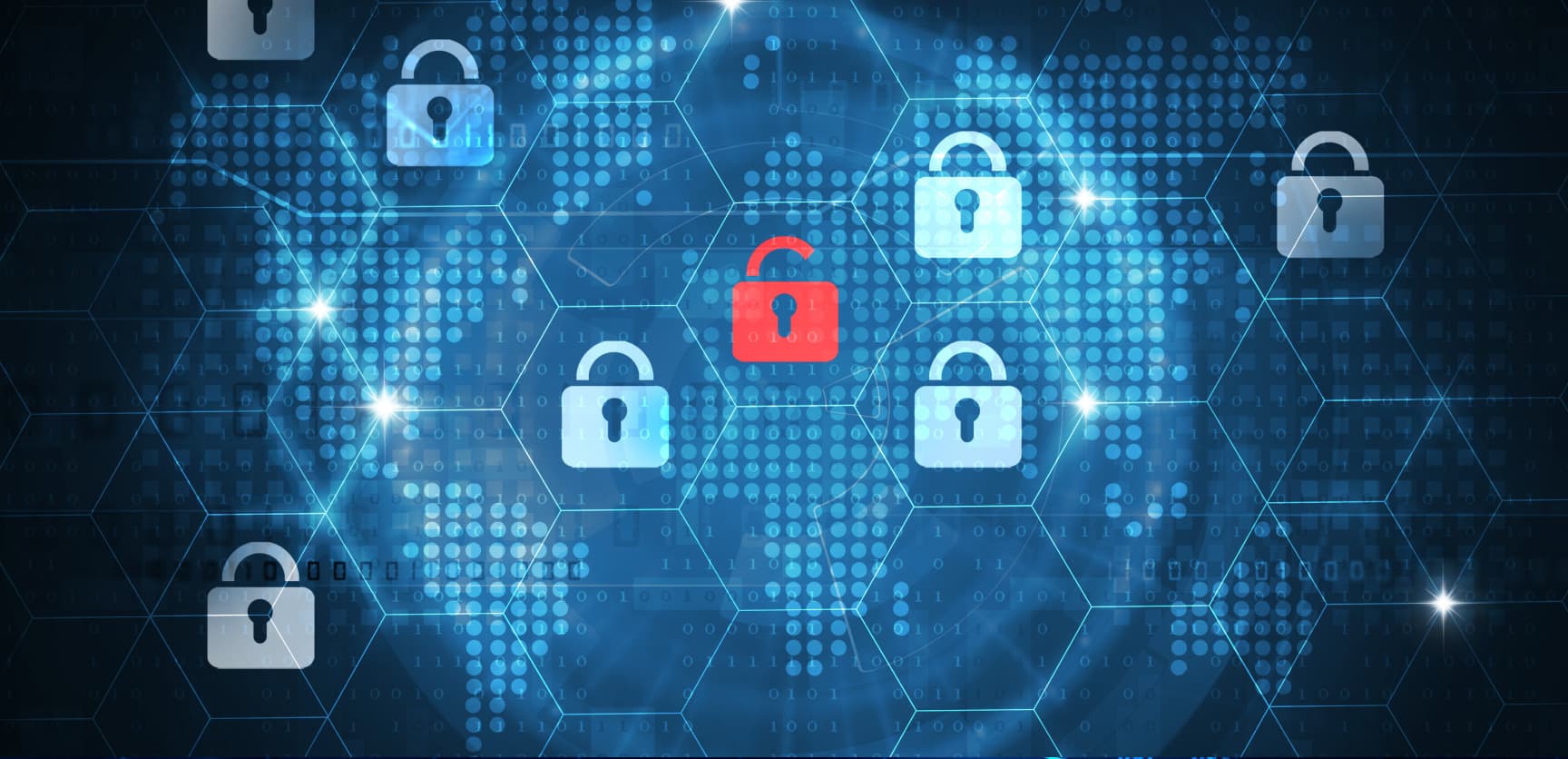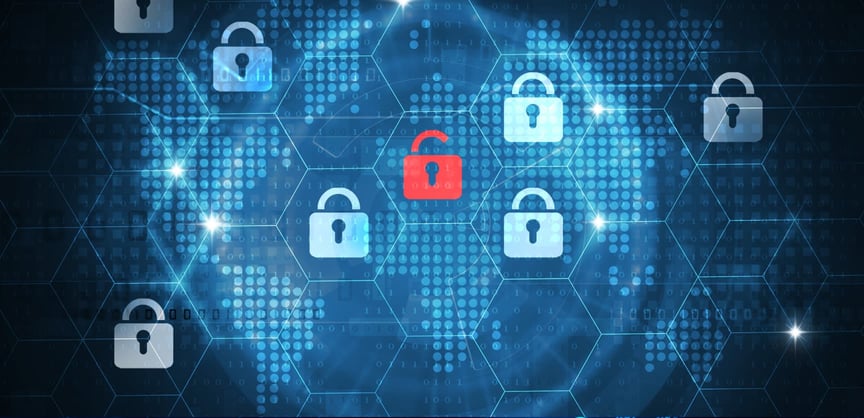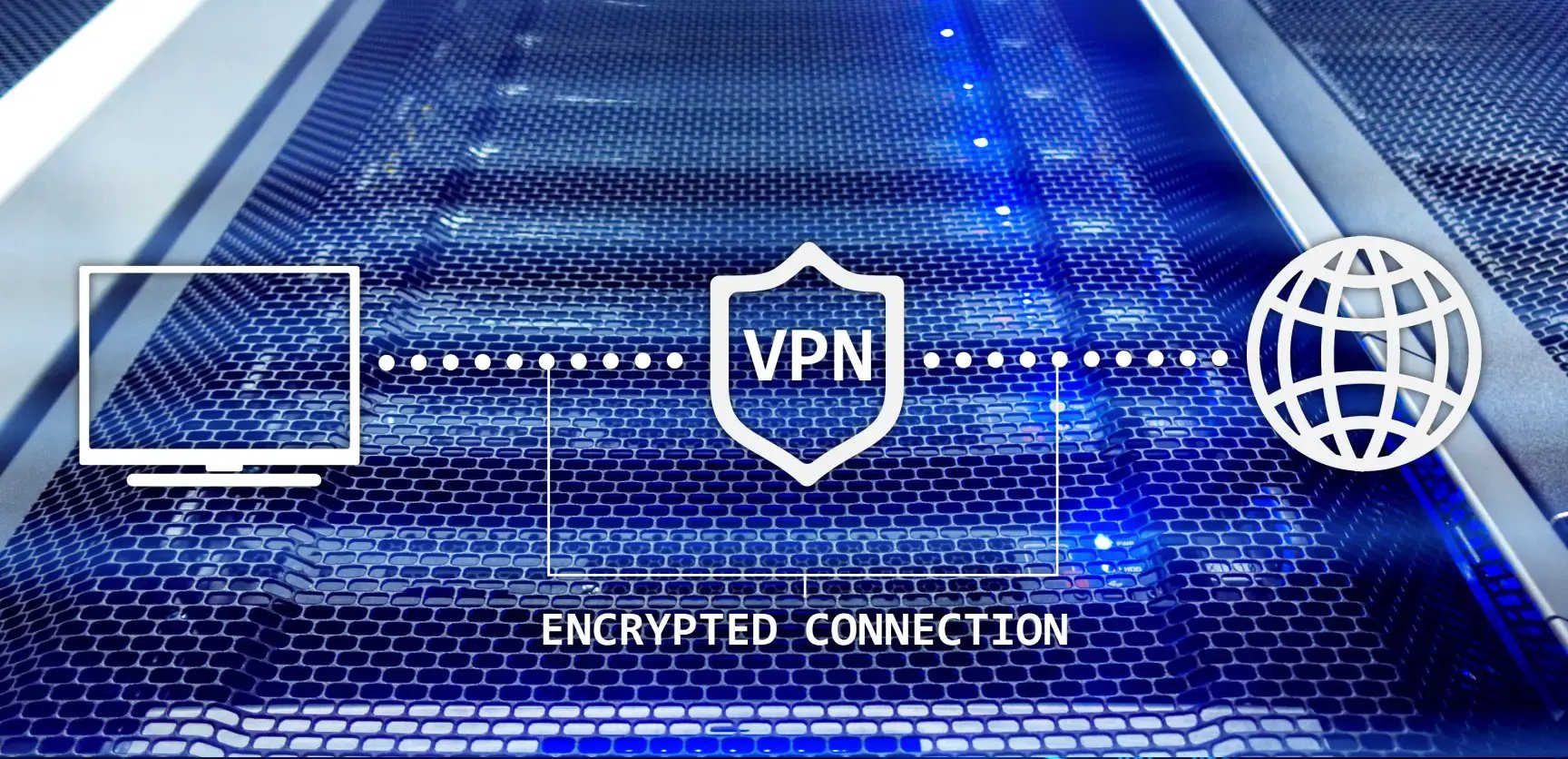- Product
-
Solution
-
By Industry
Cybersecurity solutions tailored to your industry’s needs.
-
- Resources
-
Books
Our ultimate guides and playbooks
Solution Briefs
Overview of PureDome’s functionality
-
Quizzes
Assess your cybersecurity readiness
Case Studies
PureDome customer success stories
Newsletter
Subscribe to the PureDome newsletter
-
- About Us
- Partner
- Pricing
- Download
Navigating Cybersecurity Challenges: Threats Faced by SMBs
-
Pure Dome
-
10 Sep 2023
- 4 min read


Cybersecurity is paramount for small businesses; it doesn't have to break the bank. According to Verizon's Data Breach Investigations Report, 43% of reported data breaches targeted small businesses. Even more concerning, the U.S. National Cyber Security Alliance suggests that a staggering 60% of all SMBs are compelled to cease operations following a cyber attack.
As a proprietor of a small-to-medium business, your security requirements are substantial, and they shouldn't be constrained by expensive and intricate cybersecurity solutions that burden you with additional monthly expenses. Within this guide, I'll emphasize the significance of cybersecurity for small businesses and unveil the key measures you can adopt to enhance your data loss prevention strategy within a reasonable budget.
Why do Hackers Target Small Businesses?
The motivations driving cybercriminals to target small and medium-sized businesses (SMBs) are diverse. Grasping these incentives is essential to understanding why hackers find SMBs alluring targets.
Here are vital factors to consider:
Limited Cybersecurity Resources and Infrastructure
Small business cybersecurity often suffers due to constrained budgets and resources. Unlike larger corporations that can invest in advanced security technologies, dedicated IT teams, and cybersecurity experts, SMBs often require assistance to establish comprehensive security protocols. This underinvestment in cybersecurity infrastructure makes them attractive to hackers seeking to exploit vulnerabilities.
Statistics indicate that 43% of SMBs lack a recovery plan for cybersecurity incidents.
Access to Sensitive Information and Valuable Data
SMBs frequently collaborate with larger corporations within their supply chains or partnerships. Hackers recognize this interconnectedness and target SMBs to gain entry into the systems and data of larger organizations. By breaching an SMB's network, cybercriminals exploit the trust between the SMB and its partners, potentially triggering breaches across the entire interconnected ecosystem.
Understanding the driving factors behind hackers' focus on SMBs enables businesses to grasp the risks they encounter. It underscores the significance of adopting robust cybersecurity practices and allocating necessary resources to fend off cyber threats effectively.
Potential for Financial Gains
While SMBs may lack the financial resources of larger corporations, they manage valuable assets that are enticing to cybercriminals seeking monetary rewards. These assets encompass customer data, payment details, proprietary information, and intellectual property. Hackers set their sights on SMBs to directly monetize these assets or utilize them as footholds to infiltrate larger enterprises.
Perceived Weaker Defenses Compared to Large Enterprises
Hackers frequently view SMBs as more susceptible targets due to the perception of weaker defenses. This notion stems from the assumption that SMBs are less likely to uphold robust cybersecurity practices, rendering them more prone to attacks. By focusing on SMBs, hackers can swiftly breach sensitive data and networks without encountering formidable obstacles.
Major Cybersecurity Challenges Faced By Small Businesses
Cybersecurity isn't confined to large enterprises alone. Small and medium-sized businesses (SMBs) are confronting diverse online threats, and the frequency of these incidents has reached unprecedented levels. Even more alarming is that cybercriminal activity poses an existential risk to SMBs. According to the National Cyber Security Alliance, 60% of small and midsize businesses that suffer a severe cyberattack end up shutting down within six months. Today, we focus on exploring the foremost threats SMBs encounter in today's internet-driven economy.
Ransomware Incidents
SMBs are frequent targets of ransomware attacks. A recent Datto report indicates that 1 in 5 SMBs falls victim to a ransomware attack. The first quarter of 2020 saw a 67% surge in ransomware attacks against SMBs. In most cases, ransomware threats stem from phishing emails.
In a ransomware attack, the data on the affected device is swiftly encrypted, rendering it useless until decrypted. The attackers then demand a ransom (hence the term) for the decryption process.
To shield your company's data from ransomware, ensure regular software updates and maintain data backups. Operating system updates eliminate potential security vulnerabilities that attackers exploit. Concurrently, data backups provide a safety net even if data is compromised. Implementing company-wide antimalware and antivirus software can further preempt malware's impact on your network.
Cloud Computing Risks
Cloud computing solutions are integral to contemporary businesses, with nearly all SMBs incorporating cloud-based applications for convenience and scalability. However, it's essential to recognize that cloud computing carries its risks.
Evaluating the security posture of cloud-based applications is imperative. Zero-knowledge architecture, for instance, ensures data privacy and security within the application's purview. To fully capitalize on the advantages of the cloud, like scalability and cost savings, SMBs should develop a comprehensive cloud security strategy that outlines security policies and procedures for cloud application usage.
Weak Passwords
Verizon's 2021 DBIR underscores that 80% of breaches linked to hacking trace back to weak passwords. Ensuring robust password security in a business context need not be complex. A password management solution. should be a priority for any company, irrespective of its size or industry. A password manager securely stores crucial login data and facilitates sharing within the organization. Additionally, it ensures secure connectivity for employees, increasing productivity and aiding in compliance adherence.
Phishing Attacks
Verizon's 2021 Data Breach Investigations Report (DBIR) reveals that 43% of data breaches in companies during 2020 involved some form of phishing. The FBI has stated that phishing constituted the most prevalent type of cybercrime in 2020.
Phishing attacks encompass social engineering, where attackers often masquerade as legitimate contacts to deceive unsuspecting users into clicking on malicious links, extracting sensitive data, or planting malware on the user's system. Over time, phishing scams have become increasingly sophisticated, making their detection more challenging.
To enhance your business's defense against phishing attacks, align your entire staff's awareness. Educate them about the nuances of phishing and establish channels for reporting suspicious incidents. Additionally, enable anti-phishing filters within your company's email system and contemplate incorporating specialized security software designed to identify fraudulent emails.
Secure Your Data through a Proactive Approach to Cybersecurity

Implementing standardized cybersecurity protocols alongside comprehensive and consistent training is pivotal for organizations to minimize vulnerability, prevent costly breaches, and uphold operational efficiency. Organizations prioritizing employee training can rest assured that their workforce is well-equipped to safeguard against and counter cyber-attacks effectively.
Strengthening business network environments need not be daunting, regardless of the evolving sophistication of cybercriminal tools. The encouraging news is that businesses are still in their cybersecurity endeavors. Proficient business IT experts are at your service to create and execute a multifaceted cybersecurity strategy that proactively identifies and thwarts various cyber threats targeting your business.
Integrating a reputable VPN for companies can further fortify your cybersecurity measures. A reliable business VPN not only encrypts data transmissions but also enhances the security of connections, especially when employees access networks remotely. This strategic layer of protection ensures that sensitive information remains shielded from potential breaches, adding extra defense to your proactive cybersecurity stance.
Frequently Asked Questions
Why do cybercriminals target small and medium-sized businesses (SMBs)?
Cybercriminals often target SMBs due to their limited cybersecurity infrastructure and resources. The assumption is that SMBs are more vulnerable due to reduced investment in security measures.
How do hackers perceive SMBs in comparison to larger enterprises?
Hackers view SMBs as easier targets with weaker defenses. This perception arises from the belief that SMBs are less likely to have robust cybersecurity practices.
What makes SMBs attractive to hackers in terms of financial gains?
Although SMBs may need more financial resources, they possess valuable assets such as customer data, payment information, and intellectual property. Hackers target SMBs to exploit these assets for monetary gain or use them as stepping stones to breach larger organizations.
Why would hackers target SMBs to access valuable data and sensitive information?
SMBs often collaborate with larger enterprises in supply chains or partnerships. Hackers recognize this interconnectedness and breach SMBs to access larger organizations' systems and data, taking advantage of the trust between SMBs and their partners.
Stay up to date with the latest cybersecurity insights and best practices
Get the latest information, stories, and resources in your inbox. Subscribe for monthly updates.
Securing 1000+ Businesses Across The World